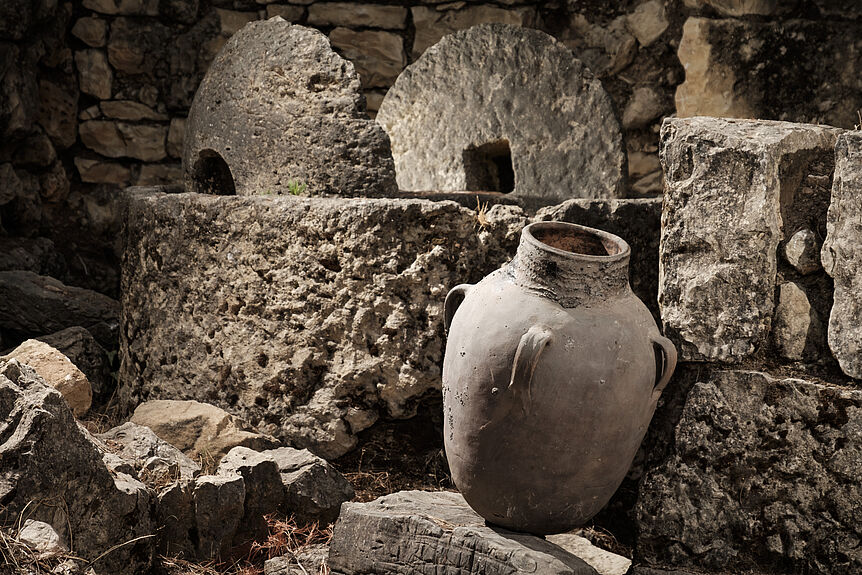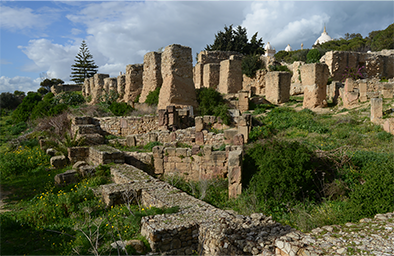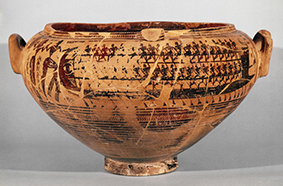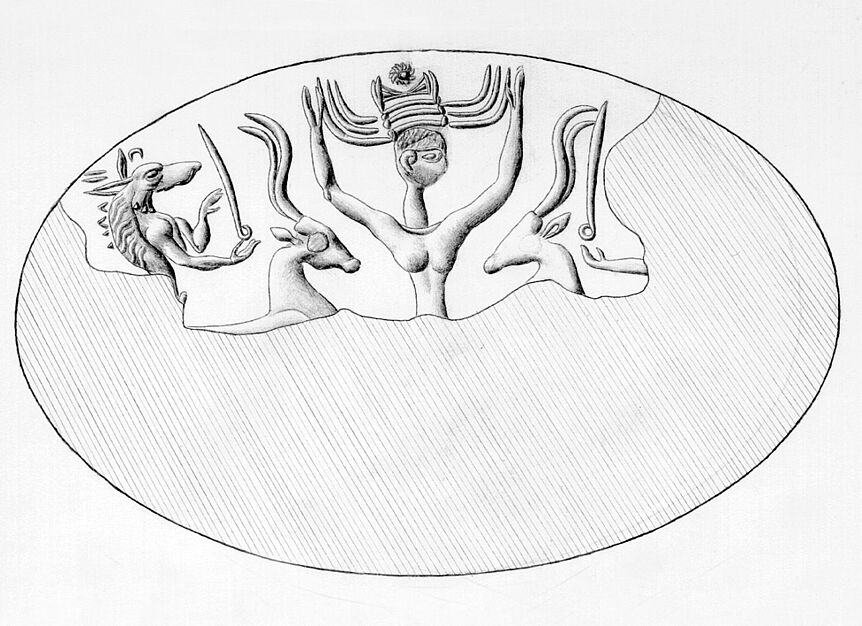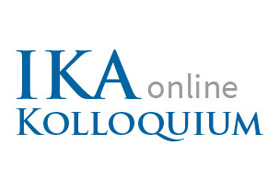We define our subject as the study of the material legacy of the Mediterranean region and adjacent areas in antiquity, with a particular focus on Greek, Roman and Late Antique periods, a breadth that is unique amongst the German speaking universities. Key methodologies include interdisciplinary working with iconography, architecture, ceramics, artefacts, palaeo-environmental evidence, documentary sources, and traces of ancient landscapes. Key themes include investigation of religious, social and economic structures; cultural interactions and identities; daily life in antiquity; and the continuing legacies of the ancient world on our modern one. Our discipline encourages us to explore how cultural elements were shared, transmitted, and transformed across both space (our geographical vision ranges from Mesopotamia to Iberia, and from the Sahara to the Baltic Sea) and time (our chronological spans from the Minoan Age c.2000 BCE to 800 CE), as well as being creatively reimagined today.













